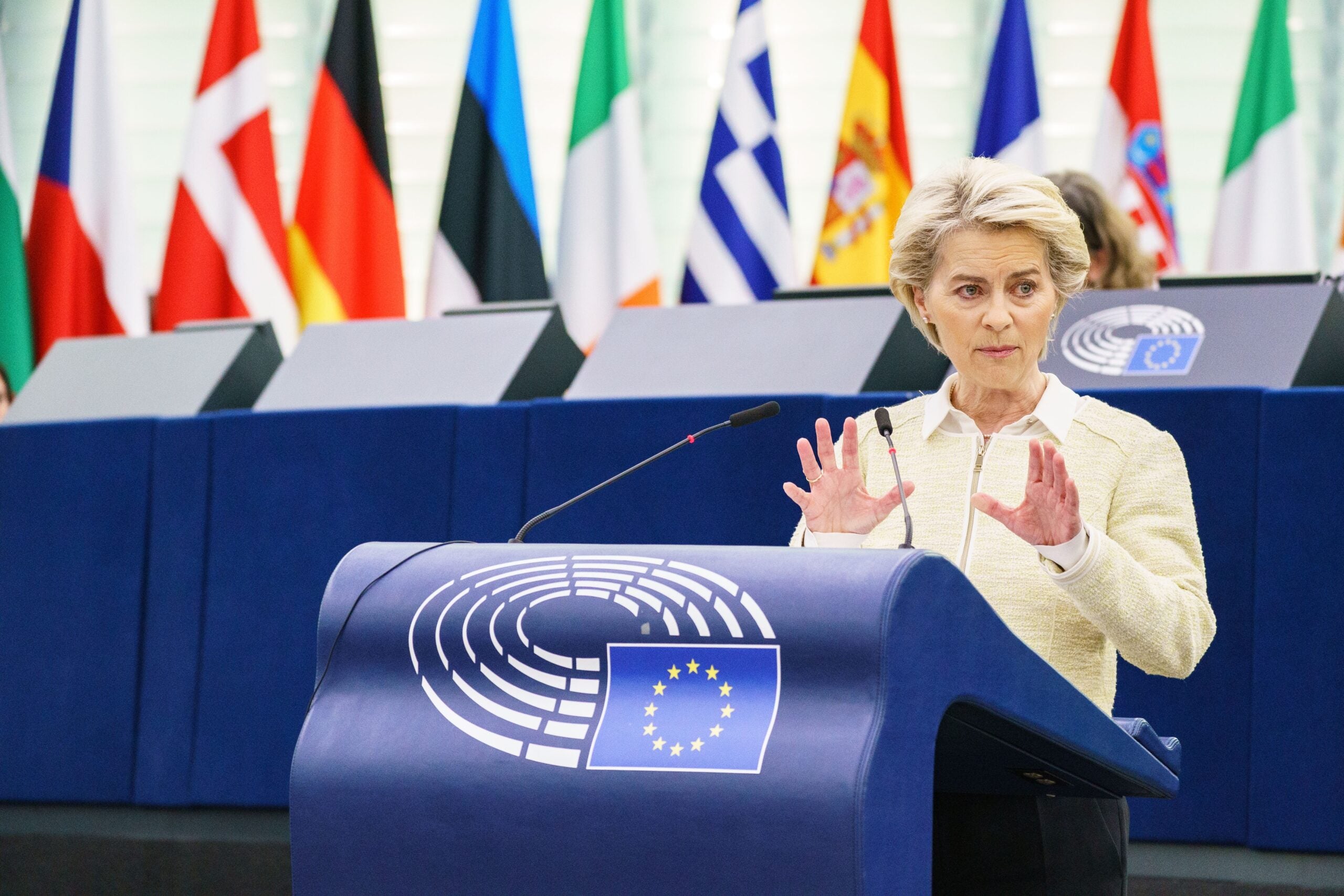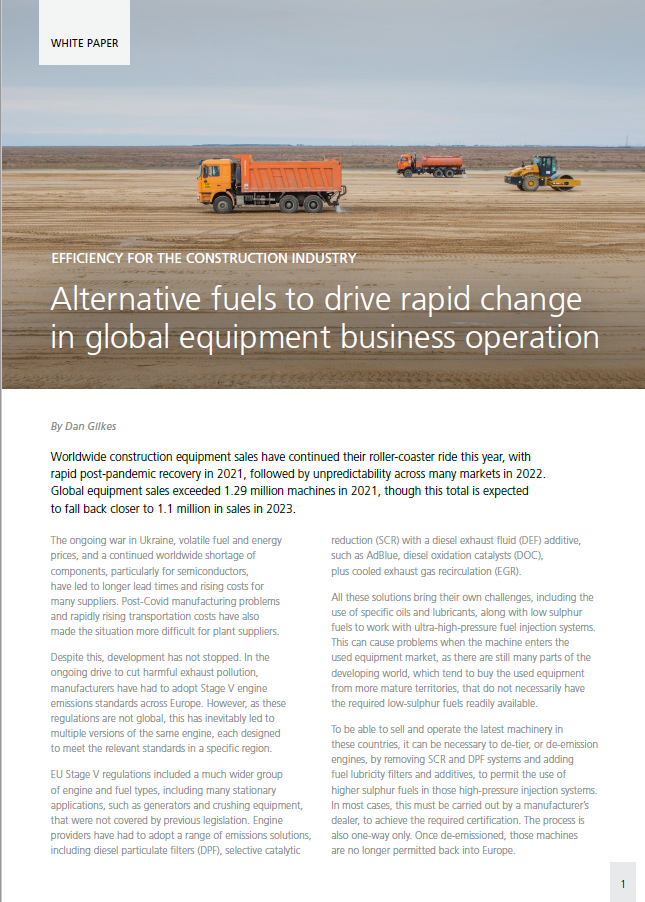
President of the European Commission Ursula von der Leyen has urged leaders to “decarbonise our economies as quickly as possible” and move away from fossil fuels.
Speaking at the opening of the Beyond Growth conference, hosted by the European Parliament in Brussels between the 15th and 17th of May, von der Leyen told an applauding audience that a growth model centred on fossil fuels is “simply obsolete”.
How well do you really know your competitors?
Access the most comprehensive Company Profiles on the market, powered by GlobalData. Save hours of research. Gain competitive edge.

Thank you!
Your download email will arrive shortly
Not ready to buy yet? Download a free sample
We are confident about the unique quality of our Company Profiles. However, we want you to make the most beneficial decision for your business, so we offer a free sample that you can download by submitting the below form
By GlobalDataShe added that the EU’s European Green Deal will enable Europe to become the first climate neutral continent by 2050. As part of the deal, the bloc seeks to reduce net greenhouse emissions by 55% by 2030 relative to 1990 levels.
“Building a 21st century, clean energy, circular economy is one of the most significant economic challenges for our time”, von der Leyen added, calling on leaders to “reconcile technological innovation with climate neutrality”.
Von der Leyen claimed that a new economic model is needed as “only a sustainable economy can be a strong economy”.
The event seeks to address how Europe can adapt its economic model away from fossil-fuel based development to a new kind of economy.
Energy challenges in Europe following the invasion of Ukraine
EU carbon dioxide emissions fell by -2.5% throughout 2022 compared with just 1% globally, according to von der Leyen. This was in spite of the global energy crisis exacerbated by Russia’s invasion of Ukraine.
When sanctions were initially imposed upon Russia by the EU and other Ukrainian allies, the bloc was reliant on gas for much of its energy. In 2021 34% of Europe’s energy came from burning gas, 31% from oil and 11% from coal. In 2020, EU dependency on imports stood at 57.7%.
Last year, the EU generated more power from wind and solar than from oil and gas for the first time, she said in her address. This is in part thanks to the EU’s REPowerEU plan – part of the European Green Deal – which aims to “rapidly reduce dependence on Russian fossil fuels and fast forward the green transition”.
The bloc has also increased its renewables target from 40% to 45% by 2030.
Speaking on Monday, von der Leyen drew on a 1972 Massachusetts Institute of Technology study known as the Limits of Growth Report. The report has been controversial since it was published with some stating that its use of a computational model to map climate change was flawed, whereas others claiming that it triggered an environmental reckoning.
Von der Leyen, however, claimed its key conclusion remains relevant; that we must “stop economic and population growth or else our planet will not cope”.








